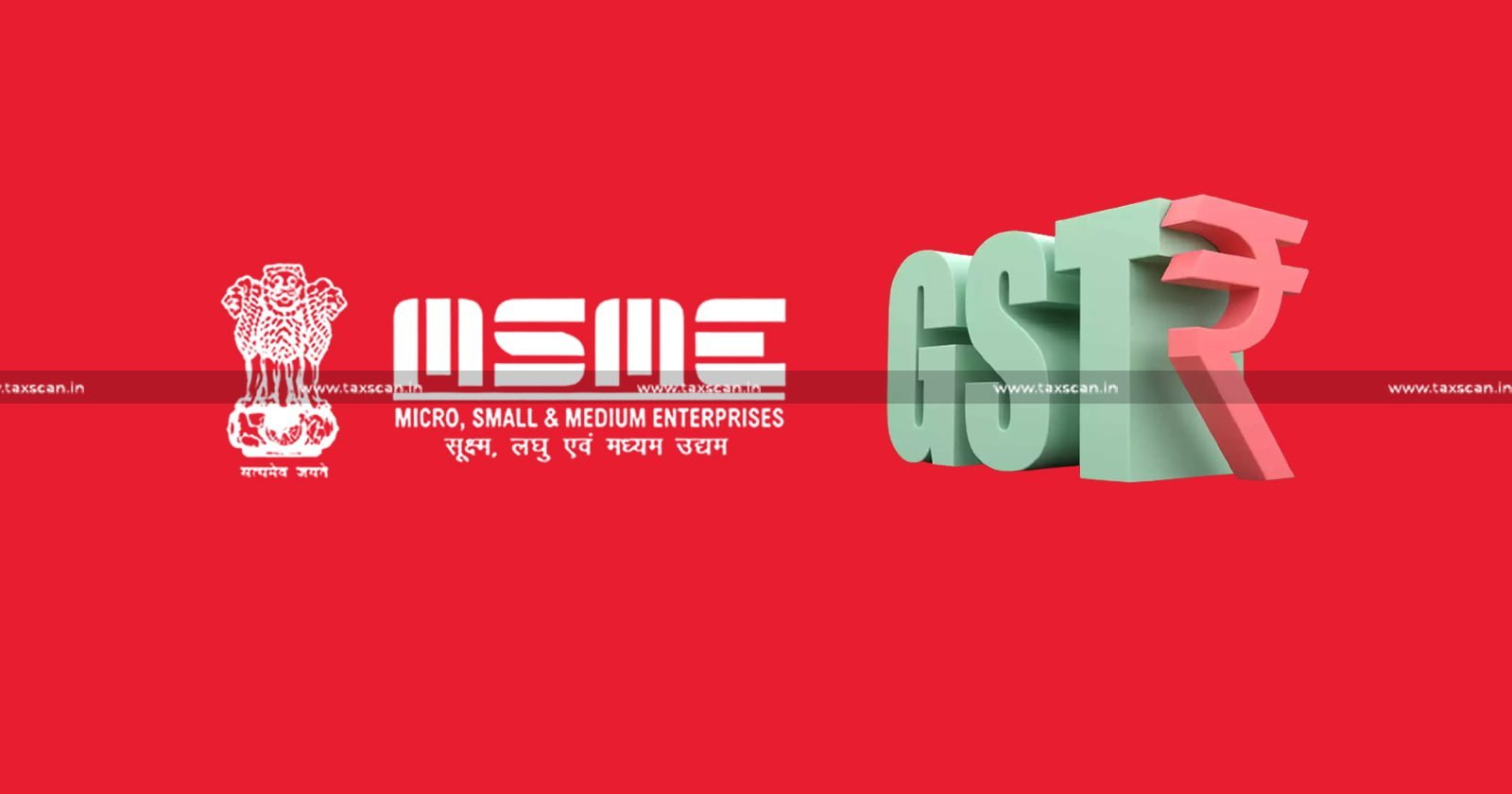No Business Found at Declared Address: Calcutta HC Refuses to Quash GST Cancellation, Directs to take Appellate Remedy [Read Order]
The Court noted that determining whether the petitioner is actually carrying on business at the declared address would require evidence and fresh enquiry, which is best left to the appellate authority under the GST Act’s multi-tier adjudication process
![No Business Found at Declared Address: Calcutta HC Refuses to Quash GST Cancellation, Directs to take Appellate Remedy [Read Order] No Business Found at Declared Address: Calcutta HC Refuses to Quash GST Cancellation, Directs to take Appellate Remedy [Read Order]](https://images.taxscan.in/h-upload/2025/06/30/2057167-no-business-found-business-found-at-declared-address-calcutta-hc-calcutta-hc-refuses-taxscan.webp)
In a recent order, the Calcutta High Court refused to interfere with the cancellation of GST ( Goods and Services Tax) registration, whose business premises were found locked and non-operational during physical verification by the GST authorities.
The petitioner, Surojit Das had challenged the cancellation order dated April 2025, which cited Rule 21(a) of the CGST Rules, 2017 for non-conduct of business from the declared principal place at 1st Floor, 122/A, Chittaranjan Avenue, Kolkata.
The GST officers reported that the door of the premises was locked at the time of inspection, the registered mobile numbers were either non-existent or unreachable, and the petitioner had also failed to submit KYC documents for the principal place and two additional places of business. Consequently, the department cancelled the GST registration with retrospective effect from July 3, 2021.
Before the High Court, the petitioner argued that the inspection was inadequate as the officers visited the premises only once, and a subsequent visit would have proven that the business was indeed operational.
 Also Read:Major GST Reforms for MSMEs: CBIC eases Registration and Filing Under QRMP Scheme
Also Read:Major GST Reforms for MSMEs: CBIC eases Registration and Filing Under QRMP Scheme
Comprehensive Guide of Law and Procedure for Filing of Income Tax Appeals, Click Here
It was also submitted that there was non-compliance with procedural safeguards under the rules governing inspection and verification. However, Justice Raja Basu Chowdhury observed that the issue involved disputed questions of fact, which are not amenable to resolution under writ jurisdiction under Article 226 of the Constitution.
The Court noted that determining whether the petitioner is actually carrying on business at the declared address would require evidence and fresh enquiry, which is best left to the appellate authority under the GST Act’s multi-tier adjudication process.
The Court held that the appellate authority has the power to direct further inspection and accept additional evidence to verify the factual claims made by the petitioner. Therefore, the High Court declined to entertain the writ petition but granted liberty to file an appeal within four weeks.
It directed the appellate authority to consider such appeal, if filed, on its merits and dispose of it expeditiously, preferably within twelve weeks, after making any necessary enquiry about the place of business.
With these instructions, the writ petition was rejected without a cost order.
 Also Read:GST Liability on Transportation Services to TASMAC: Madras HC Set Aside for Ignoring Reverse Charge Provision in Order [Read Order]
Also Read:GST Liability on Transportation Services to TASMAC: Madras HC Set Aside for Ignoring Reverse Charge Provision in Order [Read Order]
Support our journalism by subscribing to Taxscan premium. Follow us on Telegram for quick updates


